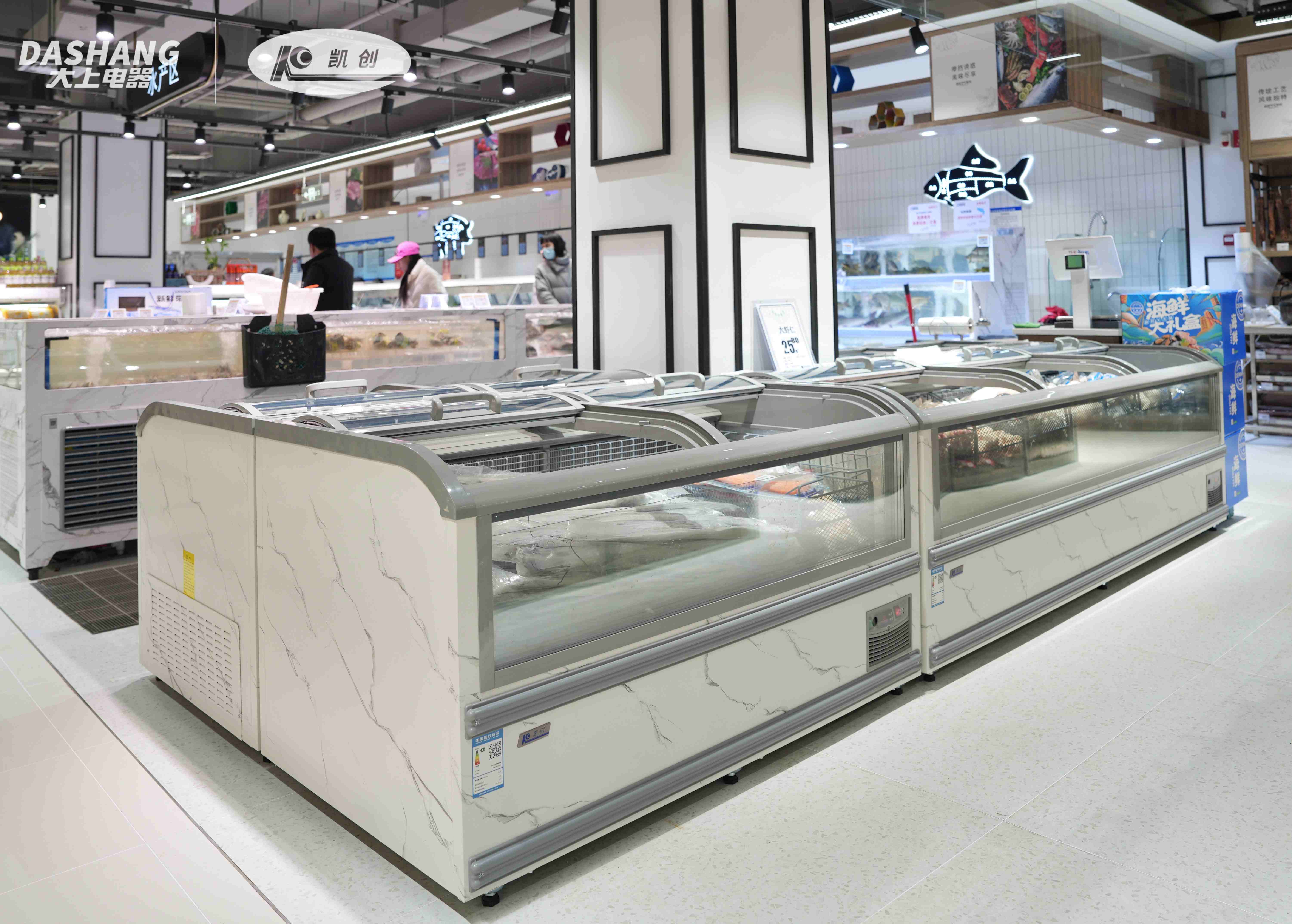As global demand for fresh food, convenience products, and temperature-controlled storage continues to increase, refrigeration equipment has become fundamental to supermarkets, food factories, logistics centers, and commercial kitchens. Reliable refrigeration systems not only preserve product quality but also ensure regulatory compliance, energy efficiency, and smooth operation across the entire cold-chain ecosystem. For B2B buyers, selecting the right equipment is a critical investment affecting long-term profitability and operational stability.
Why Refrigeration Equipment Matters in Today’s Commercial and Industrial Sectors
Modern retail and food production rely heavily on continuous, precise temperature control. Refrigeration equipment ensures that perishable goods remain safe, fresh, and visually appealing while minimizing waste. With stricter food safety standards and rising energy prices, choosing high-efficiency, durable cold-chain solutions is becoming a strategic requirement for businesses aiming to stay competitive and expand their service capacity.
Main Categories of Refrigeration Equipment
Different industries require different refrigeration systems based on temperature needs, space layout, and operational conditions. Below are the primary types of refrigeration equipment used across commercial and industrial sectors.
1. Commercial Display Refrigeration
Ideal for supermarkets and retail stores.
-
Open chillers
-
Glass door refrigerators
-
Island freezers
-
Beverage coolers
2. Industrial Refrigeration Machinery
Used in processing plants and warehouses.
-
Blast freezers
-
Cold rooms and walk-in freezers
-
Condensing units
-
Industrial evaporators
3. Food Service Refrigeration
Designed for restaurants, cafés, and catering businesses.
-
Undercounter refrigerators
-
Prep tables
-
Upright freezers
-
Ice makers
4. Cold-Chain Transportation Equipment
Supports temperature control during transport.
-
Reefer truck units
-
Insulated containers
-
Portable cooling systems
These categories work together to create a complete, stable cold-chain network.
Key Benefits of Advanced Refrigeration Equipment
Modern refrigeration equipment offers major advantages that help businesses maintain efficiency and reduce operating costs.
-
Energy efficiency optimization through advanced compressors, LED lighting, and improved insulation
-
Precise temperature control ensuring ideal storage conditions for different food categories
-
Durable construction designed for high-frequency commercial operation
-
Flexible configurations for various store layouts and industrial environments
-
Safety compliance meeting international food safety and refrigeration standards
These benefits significantly increase operational reliability and reduce long-term maintenance expenses.
Applications Across Industries
Refrigeration equipment plays a crucial role in a wide range of industries:
-
Supermarkets and convenience stores
-
Meat, dairy, and seafood processing plants
-
Cold-chain logistics centers
-
Restaurants, cafés, and commercial kitchens
-
Pharmacies and medical storage facilities
-
Beverage distribution and retail chains
This broad application demonstrates the importance of reliable refrigeration infrastructure in daily business operations.
Conclusion
Refrigeration equipment is indispensable for any business involved in food retail, commercial kitchen operations, industrial processing, or cold-chain logistics. By selecting high-quality, energy-efficient, and durable systems, B2B buyers can maintain product freshness, reduce operational costs, and improve long-term reliability. As consumer expectations and regulatory standards continue to rise, investing in the right refrigeration solutions is essential for sustainable growth and competitive advantage.
FAQ
1. What type of refrigeration equipment is best for supermarkets?
Open chillers, glass door refrigerators, and island freezers are the most commonly used retail display units.
2. Are cold rooms customizable?
Yes. Cold rooms can be customized in size, temperature range, insulation thickness, and refrigeration systems.
3. How can businesses reduce energy consumption?
Choosing high-efficiency compressors, LED lighting, smart temperature controllers, and well-insulated cabinets significantly reduces energy use.
4. Is industrial refrigeration different from commercial refrigeration?
Yes. Industrial systems operate at larger capacities, higher cooling loads, and are designed for heavy-duty continuous operation.
Post time: Nov-17-2025





